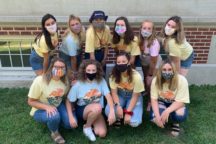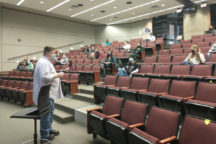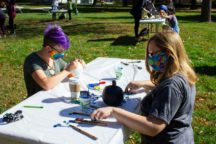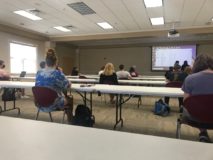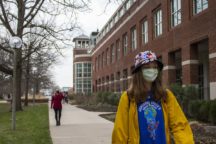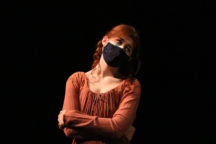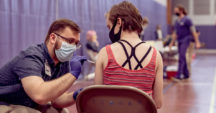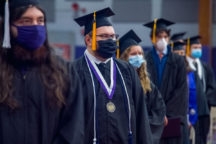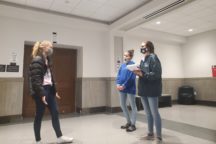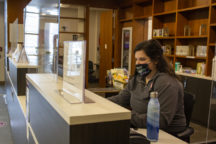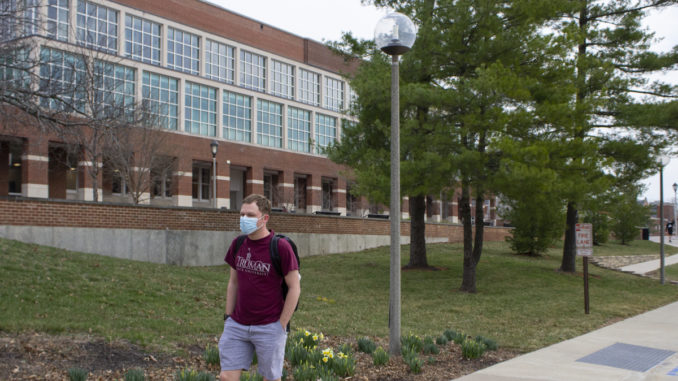
With vaccinations becoming widely available and COVID-19 numbers beginning to diminish, a return to normalcy seems to be on the horizon. For many Truman State University students, especially freshmen and seniors, returning to normalcy more closely resembles an entrance to the unknown.
Freshman Maylon Rodriguez said that he doesn’t think he has fully experienced what it’s like to be a college student.
“I definitely feel like I’ve missed out on a lot of things,” Rodriguez said. “I always hear about the cool things that happen on campus during regular years, but that’s just not the case now.”
Though Rodriguez doesn’t prefer online learning, he said that professors have done well to adapt and improve their classes throughout the semester. Despite this, Rodriguez said there are some educational elements that online learning doesn’t account for, but couldn’t go into detail because of his limited experience at Truman.
Logan Benedict, a senior, echoed Rodriguez’s concern that certain educational aspects have been set to the wayside during the pandemic.
“When you’re put in quarantine, you are effectively put two weeks behind, which can become pretty stressful,” Benedict said.
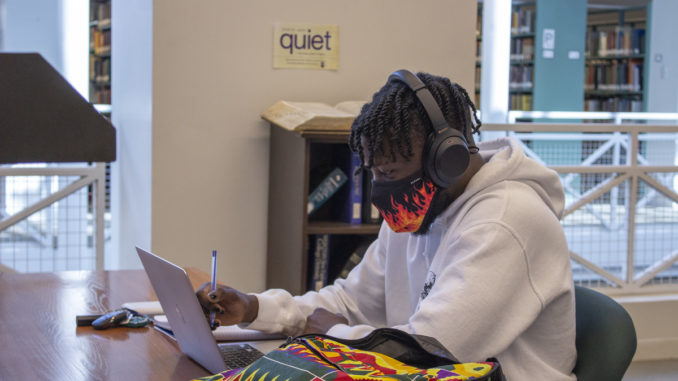
Benedict said that even though it’s academically challenging to be quarantined, professors have been understanding and supportive throughout the entire process.
Benedict added that online classes might be here to stay, but they aren’t able to replace the experience of being in person with a professor and other students.
However, Rodriguez and Benedict said the most devastating impact has been on their social lives.
“Before COVID, everyone was pretty outgoing. Everyone would hang out together, get together on the weekends,” Benedict said. “Since COVID, I think everyone has isolated and become reclusive to their own social groups.”
Benedict said he sympathizes with freshmen because they didn’t have pre-established social groups when they came to Truman.
Sophomore Lilly Ward said being forced to move out of the dorms during the onset of COVID put a severe strain on her friendships.
“When we first got sent home, it was hard because we were still in the midst of making friends; it was frustrating,” Ward said. “I feel like being on campus gives us more opportunities to meet with our professors and interact with peers.”
Ward emphasized the importance of seeing your peers and having friends to hold you accountable for attending class and turning in work on time.
Check out this gallery of pandemic photos captured throughout the year:
The three students, Rodriguez, Benedict and Ward, said they were the most worried about their future after the pandemic.
“COVID-19 definitely influenced my decision to go to graduate school,” Benedict, a graduating senior, said. “Employers seem to be a little more finicky with their hiring, which made it a really easy decision for me.”
Though Benedict decided he won’t enter the workforce after graduation, he said he thinks outgoing seniors will be fine because of Truman’s strong regional reputation.
Rodriguez, a freshman, is more concerned about the impact that COVID will have on Truman.
“I’m worried about enrollment declining … I’m trying to live out the college experience, and I’m concerned that some of our best students and faculty won’t be here when I’m a senior,” Rodriguez said.
With a heightened level of anxiety about future employment and the already-declining enrollment at Truman, students are having to ask themselves serious questions about the future.

